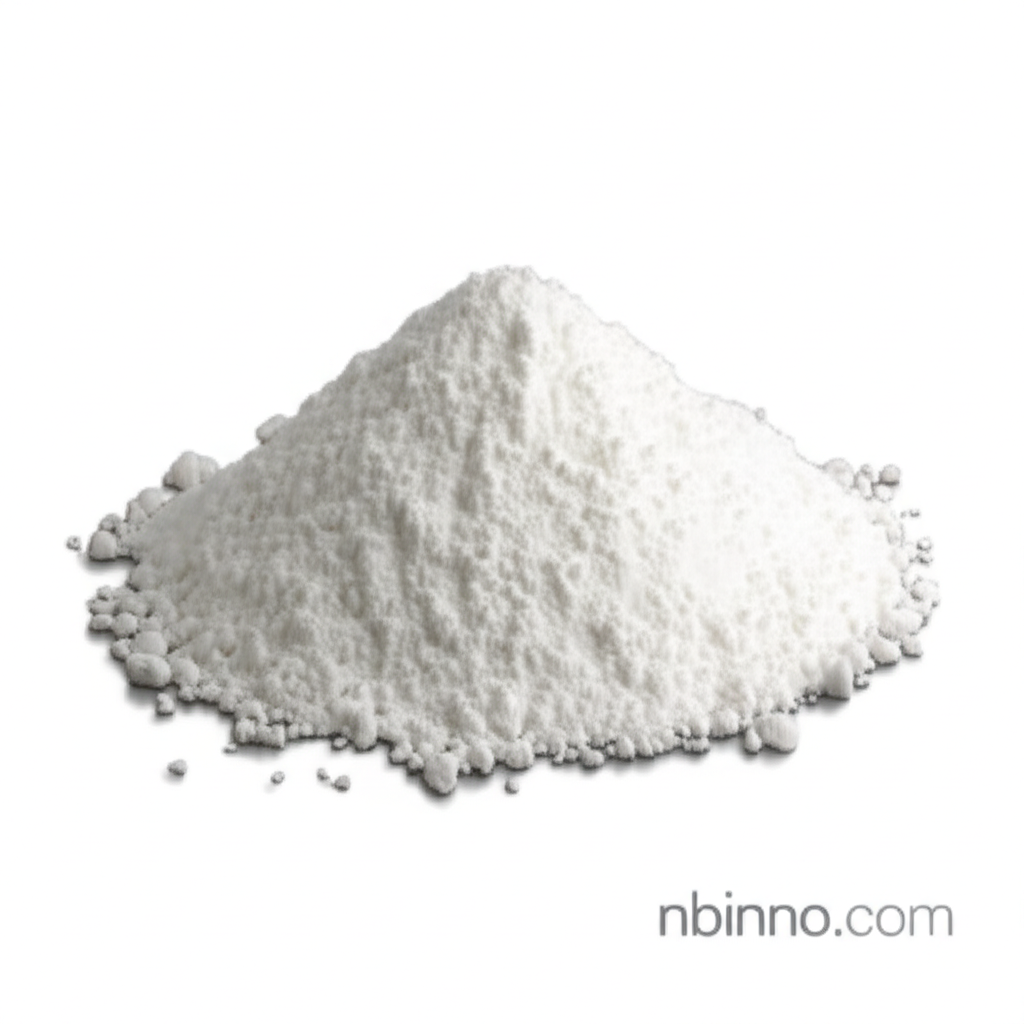Microcrystalline Cellulose: The Versatile Excipient
Discover the essential properties and widespread applications of Microcrystalline Cellulose in pharmaceuticals, food, and beyond.
Get a Quote & SampleUnveiling the Core Value of Microcrystalline Cellulose

Microcrystalline Cellulose Powder
Microcrystalline Cellulose (MCC) is a refined, partially depolymerized cellulose derived from wood pulp, renowned for its exceptional compressibility and binding capabilities. It serves as a cornerstone excipient in various industries, enhancing product stability, texture, and delivery.
- Explore the key benefits of microcrystalline cellulose in pharmaceutical formulations, where its binding and disintegrant properties ensure effective drug delivery.
- Understand the critical role of microcrystalline cellulose as a pharmaceutical excipient in tablet manufacturing, providing stability and controlled release.
- Learn about microcrystalline cellulose applications in the food industry, serving as a bulking agent and texturizer to improve product quality.
- Discover the chemical properties that make microcrystalline cellulose a preferred choice for manufacturers seeking inert and reliable ingredients.
Key Advantages of Microcrystalline Cellulose
Exceptional Compressibility
Microcrystalline cellulose exhibits superior compressibility, enabling the formation of hard yet rapidly disintegrating tablets, a critical aspect of microcrystalline cellulose in pharma.
Superior Binding Properties
As a strong binder, MCC ensures the integrity of tablets and capsules, making it a vital component in various solid dosage forms.
Inert and Tasteless Nature
Its chemical inertness and lack of taste make microcrystalline cellulose food grade and pharmaceutical applications seamless, without affecting the final product's sensory profile.
Key Applications of Microcrystalline Cellulose
Pharmaceutical Formulations
MCC is widely used as a filler, binder, and disintegrant, crucial for tablet and capsule production, improving bioavailability and drug release.
Food Industry
In food products, MCC functions as a bulking agent, anti-caking agent, and texturizer, enhancing the quality and mouthfeel of various items.
Cosmetics and Personal Care
Its stabilizing and thickening properties make MCC valuable in skincare, hair care products, and makeup for improved texture and consistency.
Dietary Supplements
MCC serves as an excipient in supplements, providing bulk and aiding in the proper disintegration and absorption of active ingredients.
